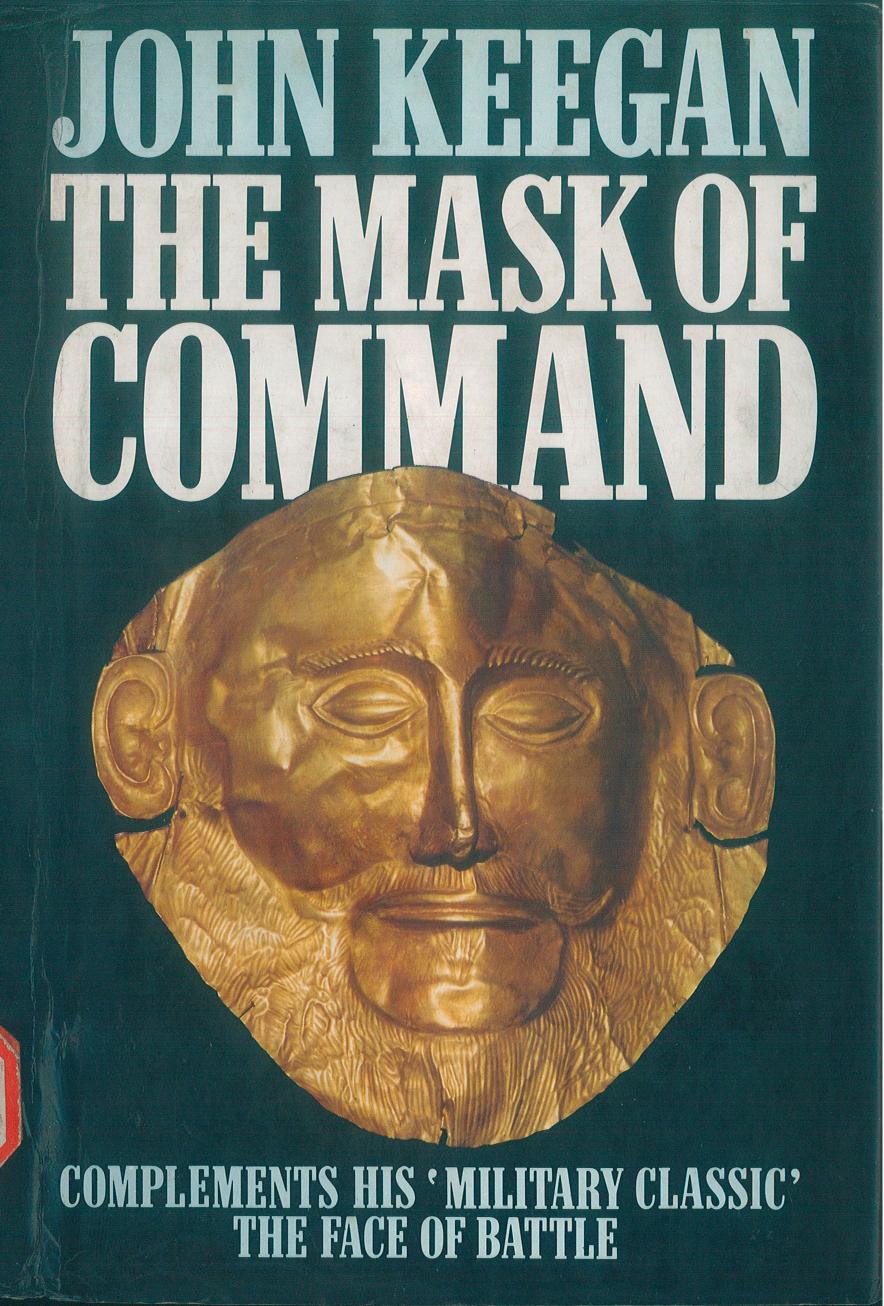The Mask of Command by John Keegan

Author:John Keegan
Language: eng
Format: epub, pdf
ISBN: 9781446498149
Publisher: Random House
Published: 2017-08-18T04:00:00+00:00
Grant’s Army
Grant’s election was one of thousands to take place all across the United States that April. In his case it was prompted by his fellow citizens’ discovery that he was a West Pointer and a veteran of the Mexican War. Few towns were so endowed. The United States, already one of the most populous countries of the Western world, with more than 30 million inhabitants, was also one of the least militarized. Its regular army numbered only 16,000; Britain, with 27 million citizens and a navy larger than the next six put together, maintained an army of more than 200,000 men. Most of the American regular army, moreover, was stationed on and west of the Mississippi, guarding the settlement routes into Indian territory. There, in large measure, it was to stay throughout the Civil War, producing the odd effect that many of the country’s few professional soldiers advanced their careers not at all by the one great professional chance the century was to offer them, simply because they were already in service when war broke out. It was largely on West Pointers like Grant who had taken their discharge in peace or who ‘went South’ in 1861 that the ‘stars were to fall’.
Of some 2,000 graduates of West Point living in 1861, 821 were in service. Of these 197 ‘went South’, together with 99 from the retired list. The Union retained the loyalty of 624 serving officers and immediately recruited another 122 from retirement. It was these men who, North and South, provided the Civil War armies with their seasoning of professional leadership. The armies themselves were almost wholly amateur and, until the introduction of conscription (1862 in the Confederacy, 1863 in the Union), voluntarily enlisted. They went about officering themselves in a uniquely American way. Some commanding officers of regiments were appointed by state governors, the regiments of both North and South being raised on a state basis; others, and almost all company and platoon officers, were elected by their men. Grant had experience of both methods. He first of all declined to stand for election by the Galena company, then later accepted from the governor of Illinois the colonelcy of a regiment which had thought better of its elected choice.
A Southern private in a Georgia regiment wrote home in 1861 to describe how it conducted its election of officers; the account must hold good for Northern regiments too: ‘I could start out here and now and eat myself dead on “election cake”, be hugged into a perfect “squish” by particular, eternal, disinterested, affectionate friends. A man is perfectly bewildered by the intensity of feeling that is lavished upon him. I never dreamed I was held so popular, fine-looking and talented as I found I am during the past few days.’ The writer was not a candidate and found those who were, as so many Americans do their would-be leaders, figures of fun. In practice, many elected officers would perform competently in rank. Others would not. ‘Colonel Roberts has showed himself to be ignorant of the most simple company movements.
Download
This site does not store any files on its server. We only index and link to content provided by other sites. Please contact the content providers to delete copyright contents if any and email us, we'll remove relevant links or contents immediately.
| Automotive | Engineering |
| Transportation |
Whiskies Galore by Ian Buxton(41983)
Introduction to Aircraft Design (Cambridge Aerospace Series) by John P. Fielding(33113)
Small Unmanned Fixed-wing Aircraft Design by Andrew J. Keane Andras Sobester James P. Scanlan & András Sóbester & James P. Scanlan(32788)
Craft Beer for the Homebrewer by Michael Agnew(18229)
Turbulence by E. J. Noyes(8038)
The Complete Stick Figure Physics Tutorials by Allen Sarah(7361)
Kaplan MCAT General Chemistry Review by Kaplan(6922)
The Thirst by Nesbo Jo(6921)
Bad Blood by John Carreyrou(6609)
Modelling of Convective Heat and Mass Transfer in Rotating Flows by Igor V. Shevchuk(6430)
Learning SQL by Alan Beaulieu(6274)
Weapons of Math Destruction by Cathy O'Neil(6260)
Man-made Catastrophes and Risk Information Concealment by Dmitry Chernov & Didier Sornette(6001)
Digital Minimalism by Cal Newport;(5745)
Life 3.0: Being Human in the Age of Artificial Intelligence by Tegmark Max(5541)
iGen by Jean M. Twenge(5405)
Secrets of Antigravity Propulsion: Tesla, UFOs, and Classified Aerospace Technology by Ph.D. Paul A. Laviolette(5364)
Design of Trajectory Optimization Approach for Space Maneuver Vehicle Skip Entry Problems by Runqi Chai & Al Savvaris & Antonios Tsourdos & Senchun Chai(5062)
Pale Blue Dot by Carl Sagan(4994)
